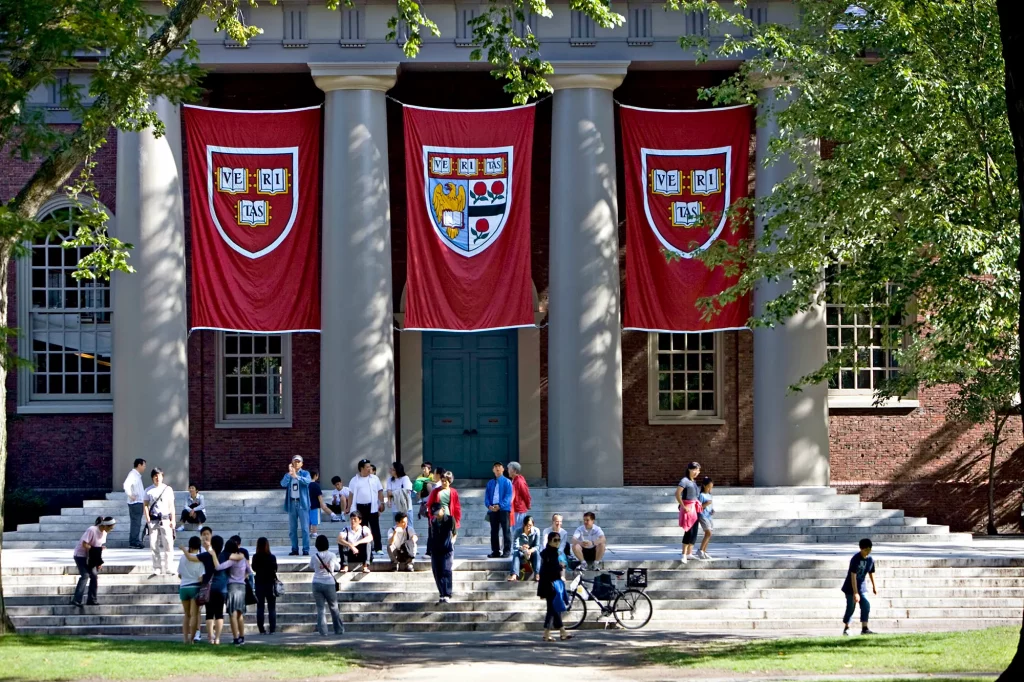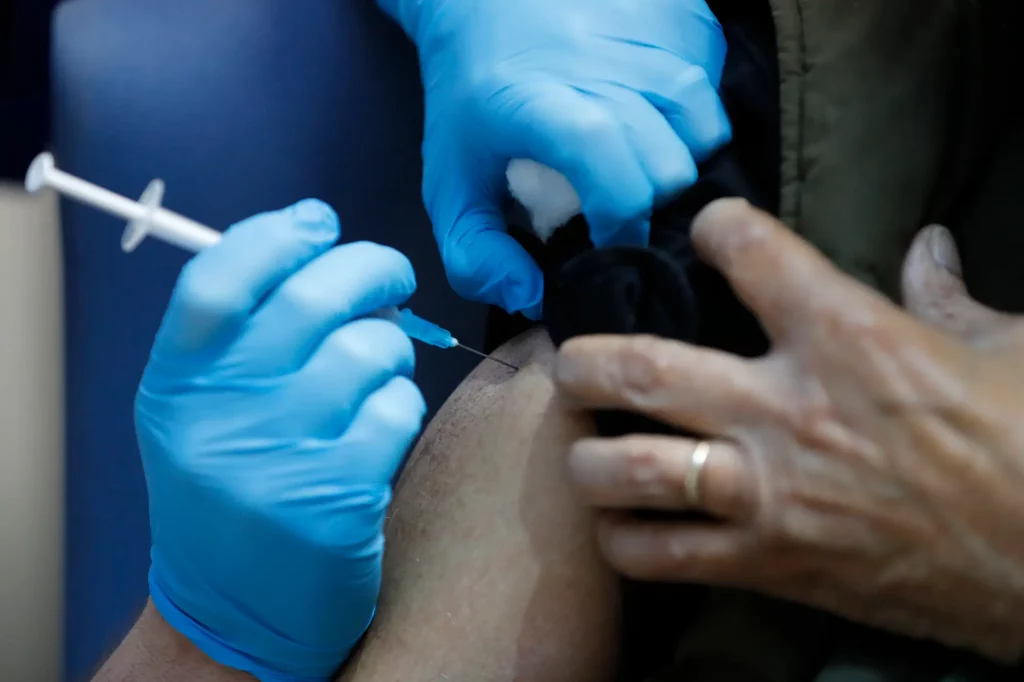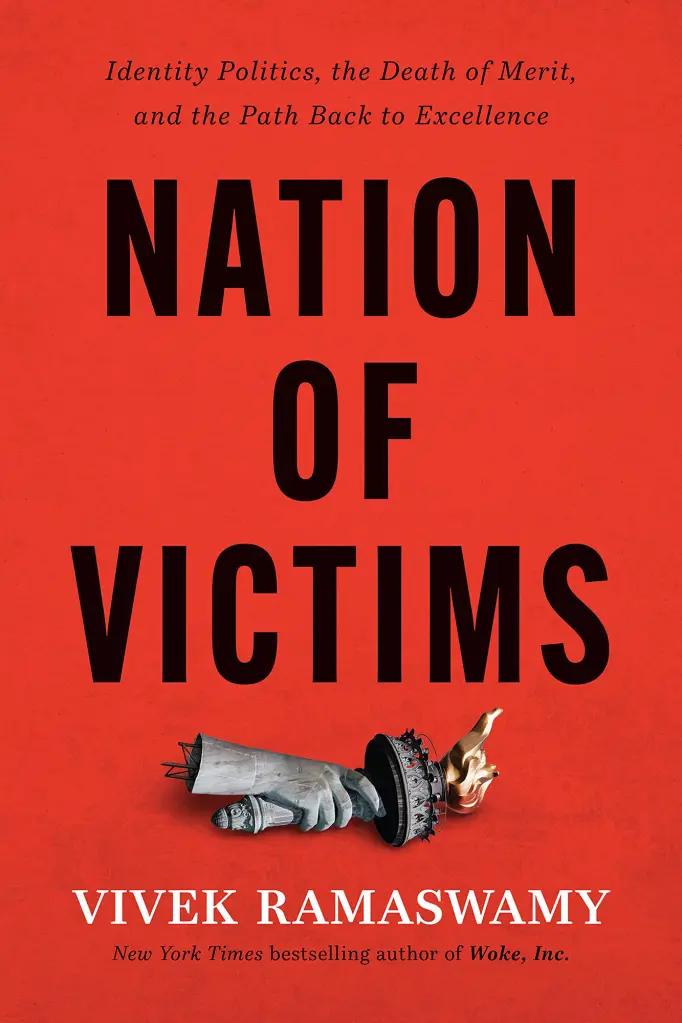Affirmative action hurts Asian-Americans—but the left just shrugs

In her landmark 2003 opinion legalizing affirmative action in Grutter v. Bollinger, Sandra Day O’Connor famously wrote, “The Court expects that 25 years from now, the use of racial preferences will no longer be necessary.”
This is the only time I can think of when the Supreme Court assigned an expiration date to a constitutional right. We’re coming up on Justice O’Connor’s deadline and — right on schedule — the Supreme Court is poised to end affirmative action in lawsuits against Harvard University and the University of North Carolina.
But the legal argument is not that affirmative action is unnecessary. It’s that it causes schools to actively discriminate against Asian applicants. The evidence is infuriatingly strong.
A 2009 study by Princeton professor Thomas Espenshade found that Asian applicants had to score 140 points higher than white ones on the SAT to have the same chance of admission to elite colleges, 270 points higher than Hispanic applicants, and 450 points higher than black ones. Progressives usually argue that Espenshade himself said his evidence isn’t a smoking gun, because Asian applicants are possibly worse than other races on all the soft factors beyond GPAs and test scores.

I can’t help but notice that liberals don’t demand a smoking gun when inquiring into racism against other ethnicities.
It’s kind of funny and sad that our antiracist society buys the argument that elite colleges aren’t discriminating against Asians because we’re just cowardly, unlikeable, unkind worker drones who aren’t leaders. It’s common knowledge that this is the exact same argument that Harvard made when it discriminated against Jews almost a century ago. Harvard wanted to reduce its population of Jewish students from 25- to 15%. The university called that “the Jewish problem.” To accomplish this without imposing a strict quota, it introduced “character” requirements like leadership, which it found Jewish applicants consistently fell short on. It also introduced legacy admissions to further address its Jewish problem.


I don’t think we need to bring in Sherlock Holmes on this one. Harvard is discriminating against Asian applicants in exactly the same way it did against Jewish ones, for exactly the same reasons, with exactly the same results, and exactly the same justifications. But when you look at media analysis of the issue, you get a dozen progressive think pieces about how calling this “racism” is just a conservative talking point.
Society seems to be going in the direction of handing out education, jobs, honors and even medical treatment on the basis of race. New York, Utah and Minnesota all allocated scarce lifesaving COVID-19 treatments on the basis of race, explicitly prioritizing nonwhite people above white ones on the CDC’s recommendation.

Race-based victim status isn’t just a shortcut to education and lifesaving care these days. It’s also becoming a qualification for government money. In March 2021, Oakland announced to great fanfare that it was launching a pilot program testing universal basic income, distributing $500 a month to 600 low-income families for eighteen months. There’s a catch: white people weren’t eligible to apply. Officials and media justified this discrimination by appealing to gaps in median wealth between races; the editorial board of the Daily Californian breathlessly praised, “The radical potential of guaranteed income based on race.”

But individuals are not mere representatives of their race, and a poor black family and a poor white one with the same amount of money are equally poor no matter what’s happening to the median white and black family. As the threat of lawsuits rolled in, Oakland quietly changed its eligibility requirements to say that people of all races are permitted to apply to the program, though its focus is still on helping “BIPOC” people.
This is clearly a fig leaf to hide the city’s naked discrimination from the equal protection clause of the US Constitution. I don’t think the Constitution will be so easily fooled, and I hope the same is true for today’s judges who interpret it.
Read the full piece at the New York Post here.
